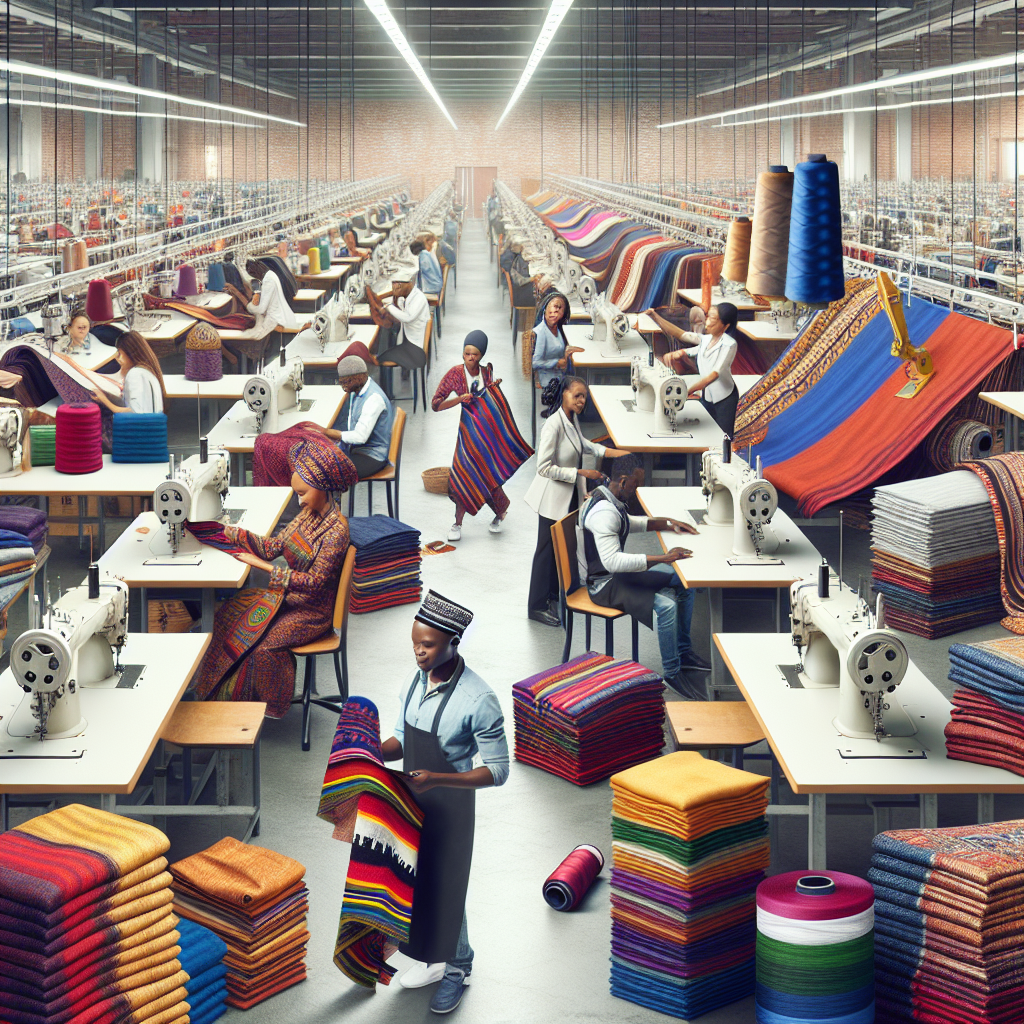Lesotho's Textile Industry in Jeopardy: Tariff Reduction Falls Short
Lesotho's textile industry faces economic strain despite a US tariff reduction from 50% to 15%. With factory closures imminent, over 30,000 workers could be affected. David Chen highlights the difficulties posed by higher tariffs compared to competitors, such as Kenya, who benefit from 10% tariffs. Continued negotiations are underway.

- Country:
- Lesotho
Lesotho's textile sector is on the brink of collapse despite the US reducing the country's export tariff from 50% to 15%, as announced by US President Donald Trump. The industry's competitive disadvantage remains a concern, with factory shutdowns and mass layoffs on the horizon.
The initial tariff hike, introduced by Trump's administration in April, sent shockwaves through Lesotho's economy, affecting its main employment sector. Notably, Tzicc, a significant clothing manufacturer, has drastically reduced operations, impacting over 1,300 employees who have traditionally supplied major US retailers.
David Chen, head of the Lesotho Textile Exporters, emphasized that a 15% tariff still leaves Lesotho at a disadvantage compared to competitors like Kenya, which enjoys a 10% tariff. Meanwhile, Lesotho's Trade Minister is negotiating persistently for further tariff reductions to safeguard the industry and its thousands of employees.
(With inputs from agencies.)










